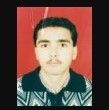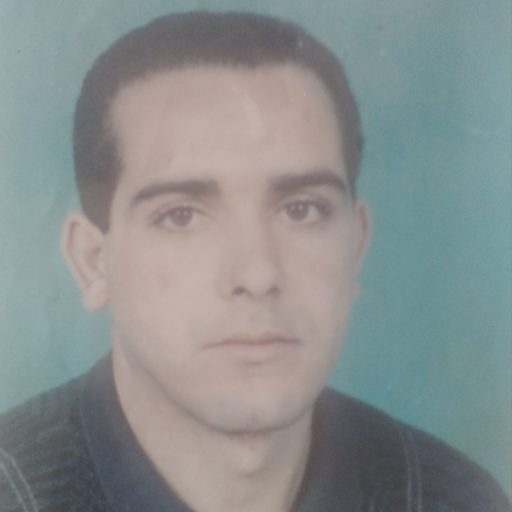
Toufik Ammari
Date of arrest: 1995-08-27
Forces responsible: Police
Summary
Toufik Ammari taught at the secondary school in the town of Hasnaoua. On August 27,1995, at about 8.30 a.m., he left his home and has not been seen by his family since. A few hours later, uniformed officers of the criminal investigation department for Bordj Bou Arréridj wilaya entered the Ammari family home. After searching all the rooms, the officers seized Toufik Ammari’s certificate of employment, some photographs and other documents belonging to him, as well as his family civil-status book, which was returned to his wife four months later. The officers did not attempt to justify their actions, nor did they have a search warrant. This illegal search took place while his father was working at the covered market in the town centre. Meanwhile, two armed officers of the criminal investigation department approached Toufik Ammari’s father and escorted him back to his home, where the search was in progress. He could see that a group of some 20 officers had surrounded the family home. Before they left, one of the officers asked the author to sign the search report, which was marked: “Search unsuccessful: nothing found”. Several years later, rumours circulated that he had been detained and incarcerated in Sétif wilaya in around September 1998.
Steps taken
August 28, 1995: Toufik Ammari’s father goes to the Bordj Bou Arréridj police station to try to enquire about his son’s whereabouts, to no avail.
December 11, 1995: His father is summoned by the criminal investigation department for Bordj Bou Arréridj wilaya, where he requests, in vain, to know what has become of his son.
September 1, 1999: His father lodges a complaint with the Public Prosecutor at Aïn Oulmene Court in Sétif wilaya. He later files another 10 complaints with the prosecutors of every wilaya in the surrounding region. Only the prosecutor’s offices at Bordj Bou Arréridj Court and Bordj Zemmourah Court later conduct investigations, to no avail.
After September 1, 1999: His father is summoned and questioned by the Mansourah Prosecutor, who decides not to proceed with the case, as well as by the Bordj Bou Arréridj gendarmerie, but no investigation is carried out as a result.
1998-2001: His father writes to the Bordj Bou Arréridj wilaya authorities, the President of the Republic, the Prime Minister and the Ministry of Justice, to no avail.
September 2007: The case of Toufik Ammari is submitted to the Working Group on Enforced or Involuntary Disappearances (WGEID).
October 30, 2014: Having exhausted all domestic remedies, his father seizes the UN Human Rights Committee.
Decision of the Human Rights Committee
Right to an effective remedy (including in relation to the author); prohibition of torture and cruel, inhuman or degrading treatment (including in relation to the author); right to liberty and security of person; respect for the inherent dignity of the human person; recognition as a person before the law; and right to a hearing by an impartial tribunal.
The State party must provide the author and his family with an effective remedy, including by: (a) conducting a thorough and effective investigation into the disappearance of Toufik Ammari and providing the author and his family with detailed information about the results of its investigation; (b) releasing Toufik Ammari immediately if he is still being detained incommunicado; (c) in the event that Toufik Ammari is deceased, handing over his remains to his family; (d) prosecuting, trying and punishing those responsible for the violations committed; (e) providing adequate compensation to the author for the moral and material damage suffered and to Toufik Ammari, if he is still alive; and (f) guaranteeing for the author and his family access to appropriate rehabilitation measures. Notwithstanding the terms of Ordinance No. 06-01, the State party should ensure that it does not impede enjoyment of the right to an effective remedy for crimes such as torture, extrajudicial killings and enforced disappearances. The State party is also under an obligation to take steps to prevent similar violations in the future.




